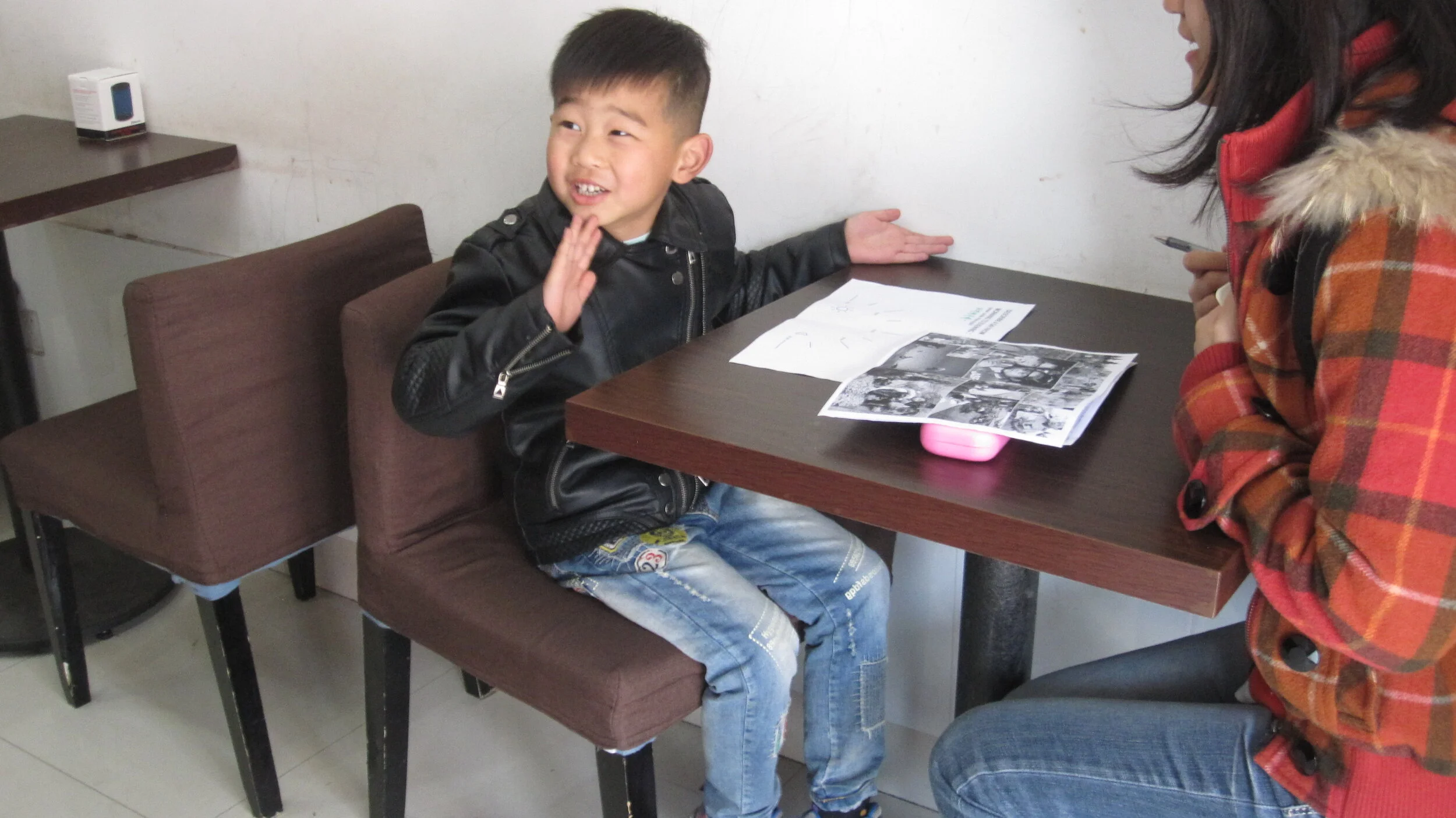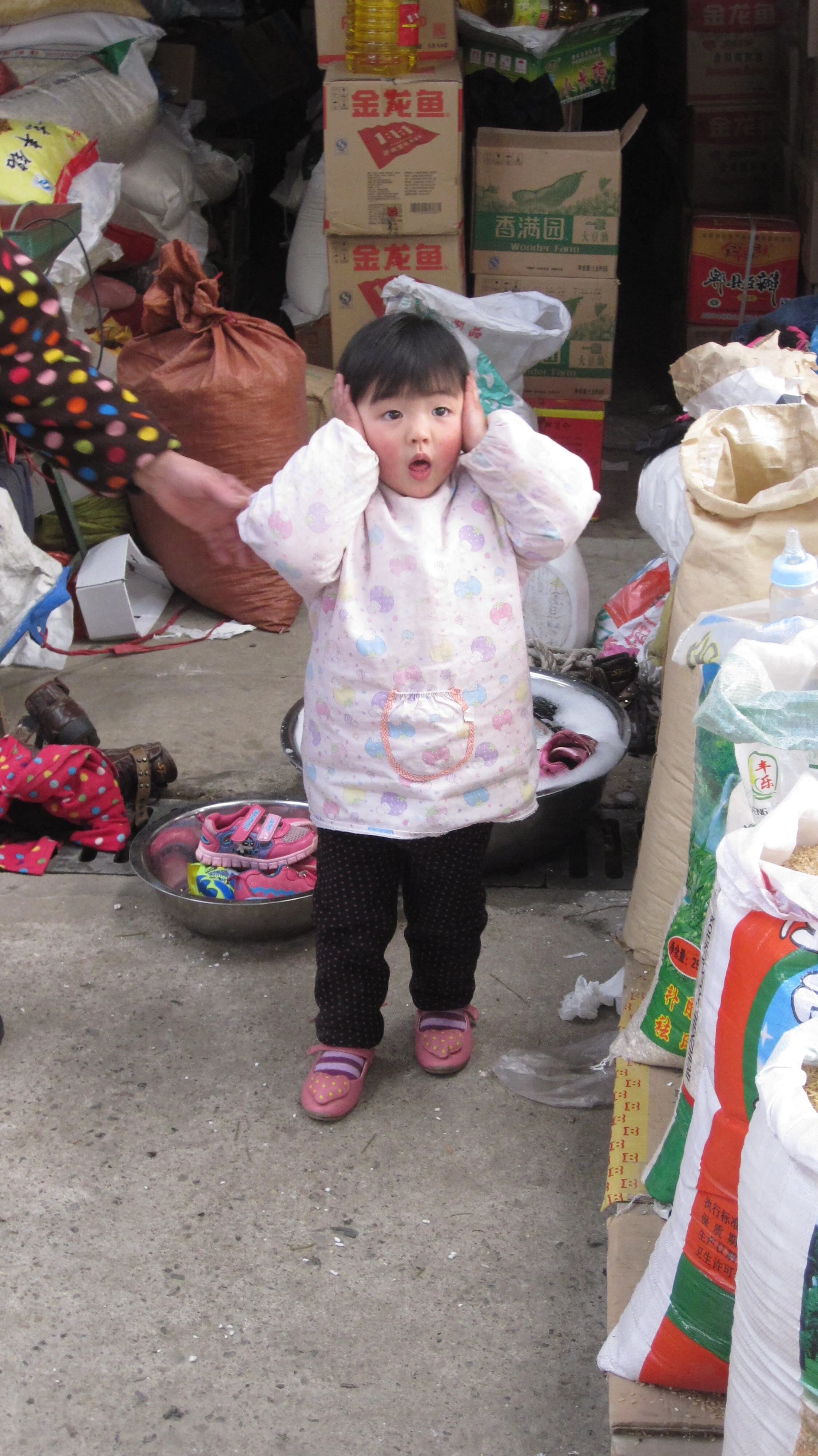
Planning and testing ecological shift with locals.
Business plan for "Green Playground” science festival for kids and parents at Chongming ecological island, Dongtan, China.







Above: Pictures from the field visits to Chongming, where our project group got acquainted with the locals, interviewed people and collected feedback.
Context
Nowadays an undoubtable economic power in the world, China faces pressing challenges in terms of excessive urbanization, constantly growing population, efficient management of natural resources and protection of the environment.
This project takes place in 2015, but the foundation is in a 2005 vision of Dongtan sustainable urban planning, with a self-sufficient energy system. The idea of an eco-island was highly promoted and is still equally relevant in the island of Chongming – one of the largest islands in China, situated next to the megacity of Shanghai.
The task was to find ways to promote this ideology and create long lasting changes. Our multidisciplinary project team of five, located in Shanghai, saw that sustainable development and ecology comes from well-set system of understanding energy consumption and harmonic use of resources combined with social awareness, education and ecological behavior.
Project goal
Therefore, our main purpose was to develop a business plan that would empower and educate the next generation. We wanted to create a children’s fair that would contribute to the practical implementation of the eco-island idea at different levels: society, life and culture, water management and conservation, waste management, energy efficiency, agriculture and transportation. The target was first to attract locals and foreigners living nearby and then increase the visitor flow with each event.
We aimed to make the eco-island concept part of the identity of the locals. The project also fosters the education of ecological behavior and the importance of the environmental protection in an interactive and attractive way for children. This type of system is hopefully to be preserved and sustained for generations to come, who will have a healthier and better future.
Below: Project flow from the kickoff to concept evaluation spec.









Process
In our process we blended together management, business and design skills, rotating roles such as facilitator, recorder and project lead. This created good dynamics within the team and gave everybody a change to learn and strengthen their skills. As the only person with design background in the team, I was happy to have an opportunity to introduce some design process inspired methods, but even luckier to have such an openminded team.
The human centric approach guided our work and we wanted the locals to be inspired and adopt the ecological values as part of their identity. This is why we, after the benchmarking, research and scoping phase, prioritized traveling to Chongming and working with the locals. In these field visits we collected thoughts and observations to create new business plans, gathered feedback to iterate the concepts we had created and to test the reactions.
Collaboration with the locals helped us keep the boots in the soil and the business plans realistic. Start small and communicative rather than high-flying and difficult to understand. It also helped us improve the concepts and design a more viable business plan in the end. We defined the business model for the childrens fair, benefits and costs, requirements for people and organization and other resources such as time, equipment, location, staffing and communication.
Key takeaways
Fruitful field visits helped us understand the context and focus on the new generation and education in a fun and engaging way. We created a Chongming Science Fair concept for children and their parents, where professionals, scientists, local farmers and producers and the families can meet to understand better where our food comes from, why we should save energy and how to protect the environment. We experienced that by increasing the understanding, we could increase the adoptation and thus lay the grounds for positive long-term changes.
The feedback inside the project group helped us broaden our view of disciplines and supported our professional growth. The project was nominated by Disney Research lab, China and was presented at the UN environment event in Shanghai. This project is one of my first truly business design oriented projects, and even though the project so far remains at the concept level it opened my eyes to the similarities in business and design.


